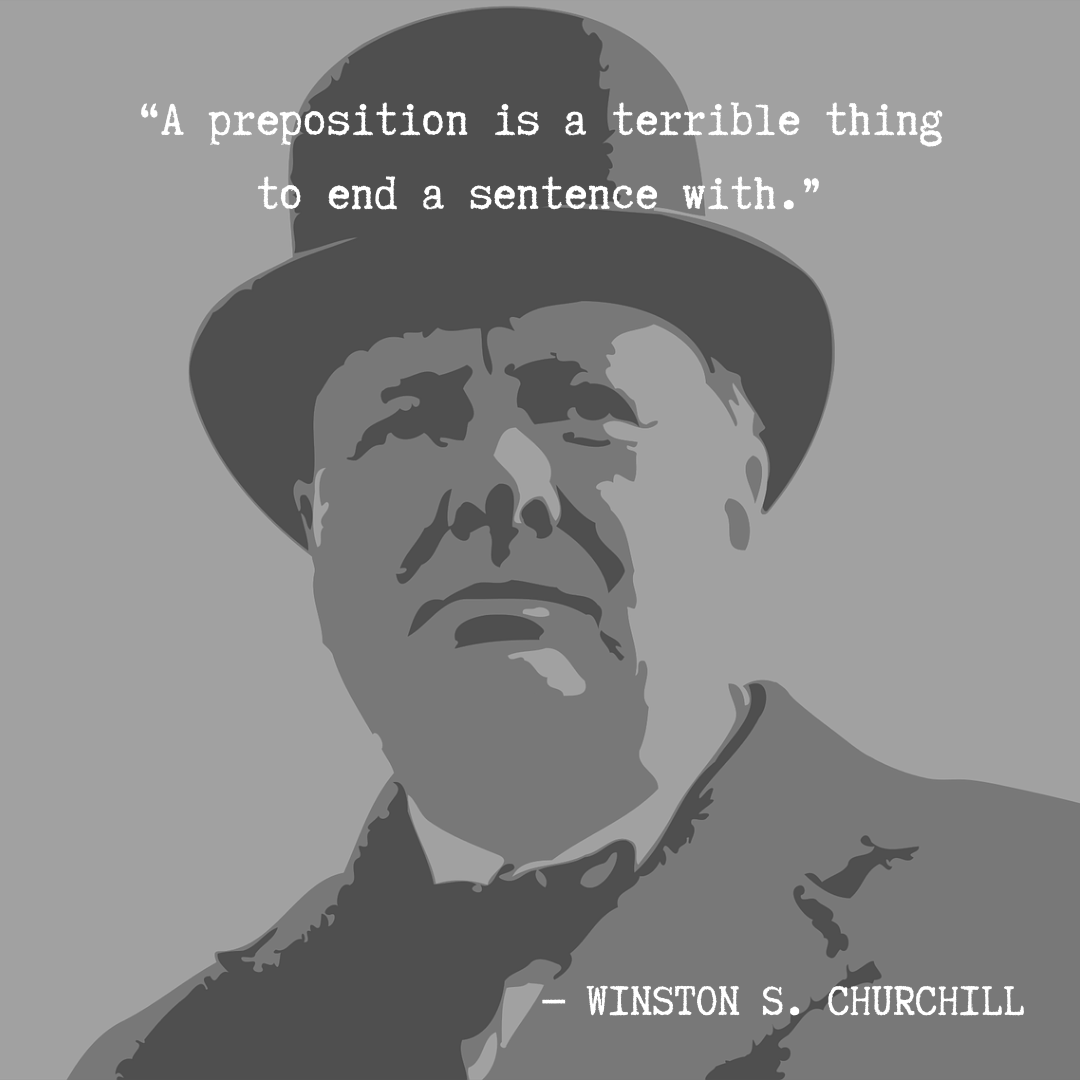When I was 8 years old, I thought all the songs on the radio were being performed live. Whitney Houston sure did sing a lot. I assumed the drummers from my older brother’s favorite “alternative rock” bands probably had to brace their arms in slings during commercial breaks, for all the playing they did. That was how musical artists earned the big money — performing several dozen times a day. It had to be exhausting being in the Top 20.
I don’t remember the moment I realized the songs were all recordings, but I do know that knowledge felt like a bit of a letdown. Just because it made more sense didn’t mean I was eager to adjust my perspective.
There’s a lesson in that. People are generally averse to change even if it’s for the sake of a broadened understanding and a more well-rounded view. We sometimes cling to the past, a perspective, and even the nonsensical simply because it’s our normal. And normal is comfortable. But there’s a way to marry the dependable with developments, specifically when it comes to writing.
You may remember our advice on style guide updates. To summarize: Toss out the old and swaddle the new. It’s whatany reputable style guide does, including AP, which is used by nearly a gazillion people worldwide. (A “gazillion” is hyperbole, a beefed-up form of exaggeration, and frowned upon by AP because it consists of statements that cannot be supported by facts. This clarification adheres to the most recent AP guidance on misinformation.)
If you’re one of those gazillion, check out this brief list of recent updates straight from the AP horse’s mouth*:






 Many grammar aficionados will fiercely debate writing rules and techniques among themselves and with others until they run out of breath. But sometimes their quibbles may prove to be entirely pointless. And that’s not because there are no grammar rules worth knowing or following, but because these self-proclaimed grammar aficionados are from different industries and have developed their writing skills with very different schools of thought and practice. Or it’s because they’ve simply had different professors or teachers who encouraged them to follow very different style guides for very different purposes.
Many grammar aficionados will fiercely debate writing rules and techniques among themselves and with others until they run out of breath. But sometimes their quibbles may prove to be entirely pointless. And that’s not because there are no grammar rules worth knowing or following, but because these self-proclaimed grammar aficionados are from different industries and have developed their writing skills with very different schools of thought and practice. Or it’s because they’ve simply had different professors or teachers who encouraged them to follow very different style guides for very different purposes.
